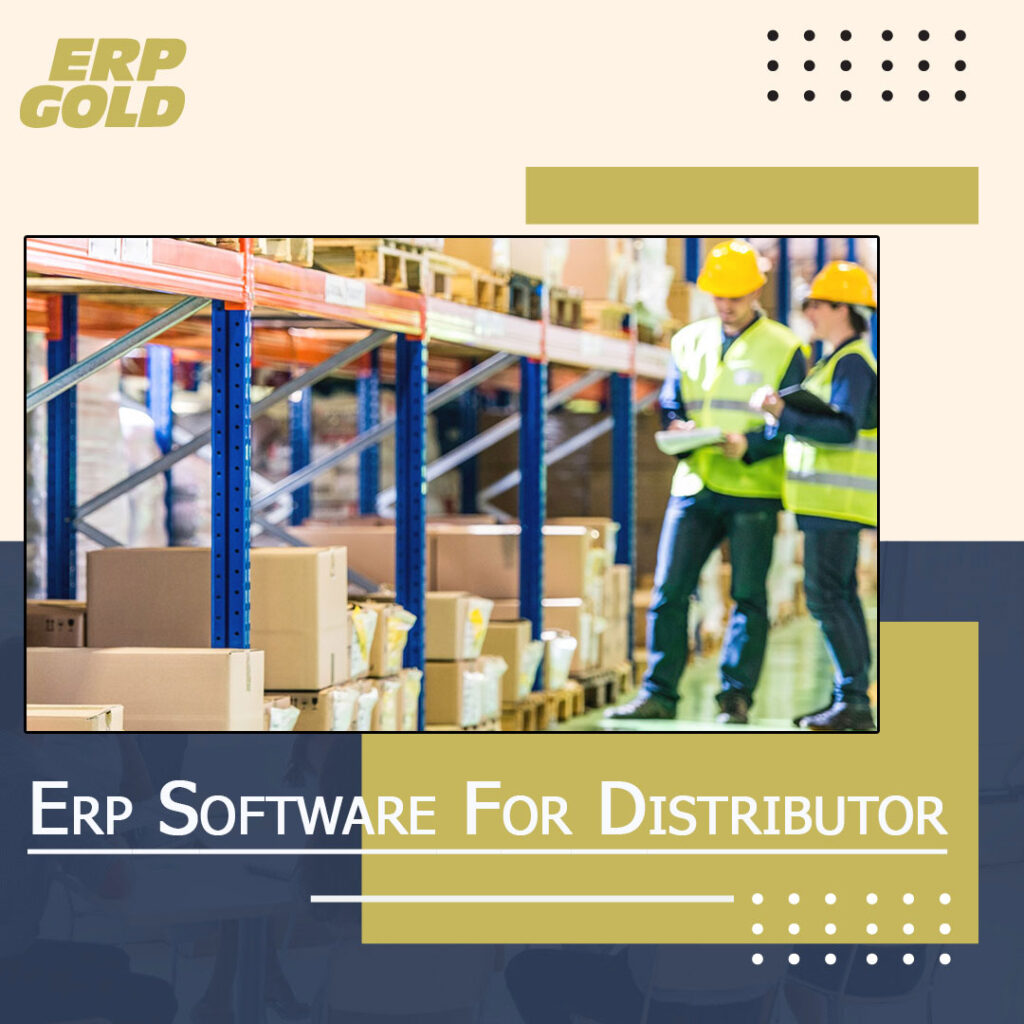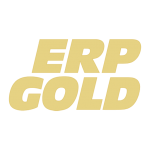Defining the Distribution Industry
A distribution company may purchase items in bulk from manufacturers and resell them to retailers or other resellers who sell to customers, or it can acquire things from manufacturers and sell straight to consumers or companies. A distribution company also performs responsibilities for manufacturers such as logistics and warehousing. Depending on the deal with the manufacturer, the pricing of a distribution firm may be cheaper or more than wholesale rates.
For a wholesale distributor like your company, you’ll need ERP software with strong capabilities in specialized features that directly solve the business difficulties unique to your sector.
As a result, you’ll need to choose your ERP software wisely.

erp software for distributors
What does ERP Software do For Distribution Business?
Enterprise Resource Planning or ERP software is a set of computer applications that companies use to streamline and automate business operations.
When you’re in business, it doesn’t matter what business you’re in – products are king. And the product is only as great as the system that delivers it. ERP software is an enterprise-wide computer program that manages information from the initial point of sale through to accounting and inventory management.
An ERP system can be easily integrated with a company’s other systems and applications, including supply chain management, CRM, e-commerce, SCM and MES.
These are some of the important characteristics of ERP software that may help your wholesale distribution firm overcome industry-specific issues.
Advantages Of IMS for Wholesale or Distribution Business.
1 :Inventory Management Features Can Help You Manage Your Procure-to-Pay Cycle
You should have just enough stock of a product on hand to match current client demand. Too much and you’ll incur extra storage expenses and risk the product’s obsolescence, while too little will result in stock-outs for your company and consumers turning to your rivals.
To guarantee that you have the correct quantity of stock for your purposes, you’ll need ERP software with inventory management features that provide real-time visibility into inventory movements. ERP software with a powerful inventory management feature must have complete feature set that aids in the management of your procure-to-pay cycle, including but not limited to the following steps:
- Creating requisition orders
- Creating purchase orders (PO)
- Syncing goods receipts with warehouse inventory levels
- Processing accounts payable (AP) invoices
- Recording transactions in ERP software for future report generation
With the extensive inventory management features of ERP software like SAP Business One, you’d be able to fulfill client orders on schedule while avoiding missed revenues and expenses associated with retaining extra inventory.
2: Better Customer Service to Clients
Retaining your client base’s long-term business is critical to making your wholesale distribution firm viable; therefore you must be able to keep them coming back for your services. And in order to do so, you’ll need to understand your consumers’ requirements and preferences as well as possible in order to better cater to them.
This means you’ll need a system that can collect important data from every connection with your customers – whether it’s customer interactions, sales conversations, or transaction histories – and provide the insights that will allow you to give them with a customized service. While these duties are the responsibility of customer relationship management (CRM) solutions, an integration may supplement the CRM solution’s functionality with complementing features in ERP software.
For example, ERP software may serve as a single repository for key customer data and synchronize your CRM solution’s customer connections with other applications such as Microsoft Outlook, making it easy to access them as required.
3: Better Order Fullfilment
Obtaining orders from consumers is merely the first stage; the aim of your wholesale distribution firm is to be able to properly fulfill these orders.
And, with the advent of e-Commerce and online shopping in recent years, it’s quite possible that you’ll have a large portion of your client base comprised of firms in this area.
Your wholesale distribution company will need to employ pick and pack fulfillment procedures in your warehouses to best meet their unique set of online retail-specific demands.
This implies that the ERP software you choose should preferably have built-in warehouse management system (WMS) capability
4: Lot Tracking And Better Inventory Tracking
Your wholesale distribution company may be forced to conduct a product recall for a variety of reasons. For example, if your company handles a product line that was discovered to have a significant design problem, or if foodstuffs were contaminated anywhere along the supply chain, you’d have to recall these items in order to preserve regulatory compliance.
However, in order to properly perform a product recall, your company must be able to trace the position of your inventory at any point along your supply chain.
That means you’ll need ERP software with lot tracking features, which will provide you with the end-to-end insight you’ll need to determine where the issue with your items is.
Final Thought
ERP Software Is Critical in Meeting the Challenges of the Distribution Industry. Because of the industry’s particular mix of business difficulties, wholesale distributors like your company must consider them when picking which software solution – including ERP software – to install.
Do you want to get more customers, improve your product mix and streamline your operations? Then use ERP Gold software! It is best for wholesalers or distributors who need a system that gives complete control of their inventory and orders. These systems can be customized to your business’s specific needs. Request a demo today!
